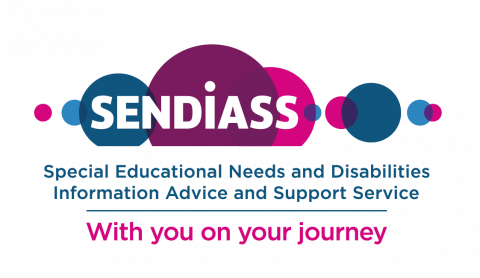Personal budgets for SEN
Skip to:
About personal budgets
A personal budget for SEN is money that can be used to fund support as part of an Education, Health and Care plan (EHC plan). This is for a child or young person with special educational needs.
The personal budget can be looked after by:
- the parents or young person themselves
- the Council, school, or college, this is called an arrangement or a notional budget.
- someone other than the parents or young person. This is called a third party arrangement.
The parent or young person can have a mixture of some or all these arrangements.
Who can get a personal budget
Parents or the young person can ask for a personal budget if they want to be more involved in arranging the actions in the Education, Health and Care Plan. The money to do this will come from something called a Direct Payment.
You can also ask for a personal budget if your child has been assessed as needing an EHC plan, but this has not yet been finalised. However, you do not have to have a personal budget.
A young person with an EHC plan can ask for their own personal budget at the end of the school year after they are 16.
Sometimes the Council may not agree to a personal budget and should tell you why.
Using your personal budget
A personal budget can only be used to pay for things agreed in the EHC plan.
This can include funding for the special educational, health and social care support that will help to achieve the outcomes set out in the Plan.
A personal budget cannot be used to pay for a place at a school or college.
It can also include support that is managed by the school or college, but only if the Headteacher or Principal agree.
The Council may decide not to make some provision available through personal budgets.
Find out more about what can be included in a personal budget in the SEND code of practice
Personal budget and direct payment
A personal budget shows you what money there is to pay for the things specified in an EHC plan, and who provides it. The parent or young person does not actually manage the funds themselves.
A direct payment is when the money is given to the parent or young person, and they manage this money themselves. The parent or young person is responsible for buying the service and paying for it.
A personal budget can include a direct payment if it is agreed that this is the best way to manage part of the personal budget.
Direct payments can be used for special educational provision only if the school or college agree.
It is also possible to have a third party arrangement to manage a direct payment.
How much will I get if I have direct payments
How much you get will depend on what has been set out in the EHC plan. So, it will vary from one person to another.
If the council has agreed to make a direct payment it must be enough to pay for things specified in the EHC plan.
Other kinds of personal budget
Some people have had personal budgets for:
-
health provision (a Personal Health Budget)
-
social care provision (for example Fair Access to Short Breaks).
They may have managed some or all the provision using a direct payment. But this is the first time that personal budgets have become available for SEN provision.

